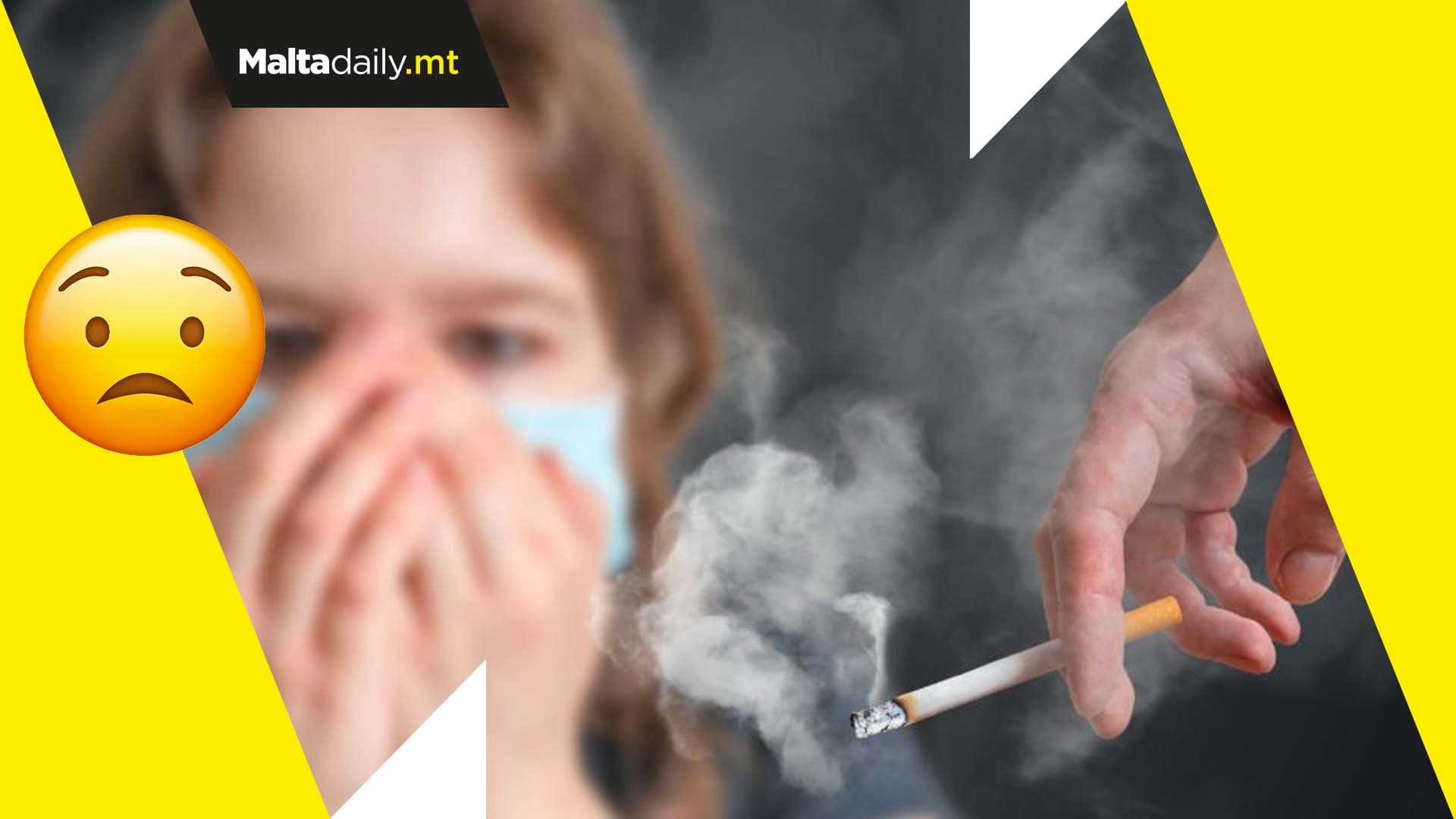Majority of kids with traces of second-hand smoking survey reveals

A study showed that the vast majority of children participating had traces of second-hand smoke in their bodies. This was despite nearly three-quarters of parents concerned reporting that the children were not exposed to smoking at home.
Shedding a spotlight on the hidden impact of tobacco which potentially exists in the age cohort, the study took urine samples from 174 children aged 9 to 11 from five different public schools.Although 72.4% of parents reported that their children weren’t exposed to tobacco smoke at home, the urine samples revealed that a whopping 95.4% of the kids were exposed to nicotine. Another 98.3% were exposed to nicotine-derived nitrosamine ketone (NNK), a known lung carcinogen derived from nicotine.
Lead researcher Dr Noel Aquilina from the UOM’s Department of Chemistry revealed that since almost all children were exposed to tobacco smoke, the exposure does not occur only at home.
This means exposure occurs in transit, such as when walking or in cars, or during other social activities wherein adults smoke in the presence of children. He said that this study should show how there needs to be better monitoring of children’s exposure.
Children tend to flush carcinogens from their body slower when compared to adults. In Malta, it is prohibited to smoke in private cars carrying kids under 16, but there are no restrictions on smoking at home, outdoors or in a kid’s presence.
Aquilina also explained that many studies have looked into the impact of second-hand smoke on adults over the years. However, these often relied on parent’s questionnaire data.
This particular study was the fifth in the world that checked for the level of second-hand smoke exposure in kids by looking for smoking-derived carcinogens in their urine.
While 23% of the children were exposed to very low levels of second-hand smoke, the majority 70.7% were exposed to significant levels. Three children (1.7%) could be classified as active smokers from their biomarker levels. A total of 16.4% kids reported that someone smoked at home.
#MaltaDaily


